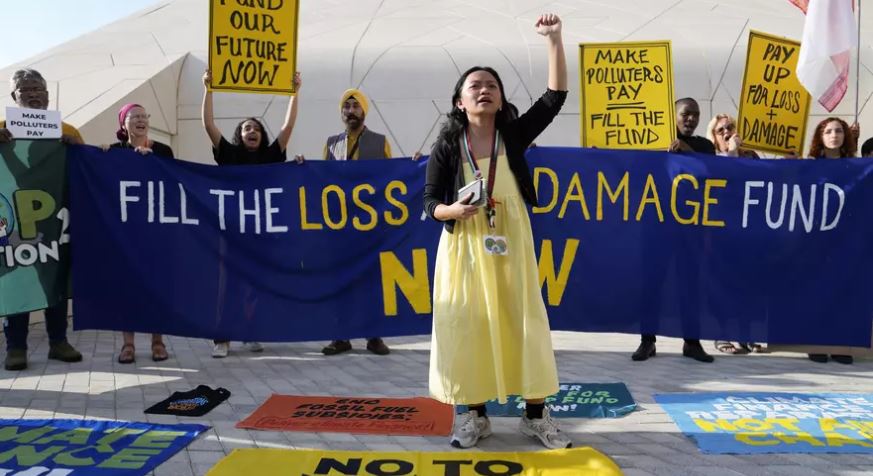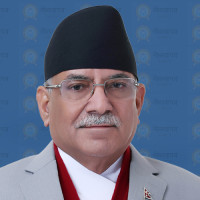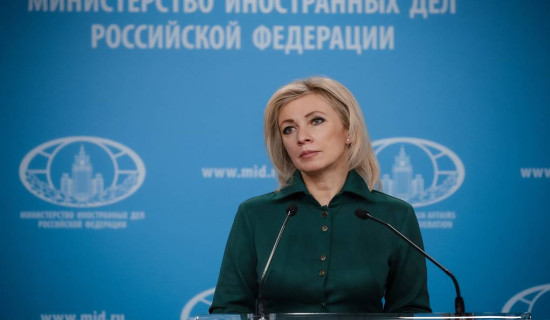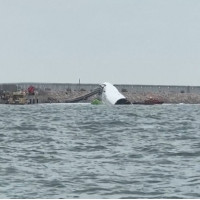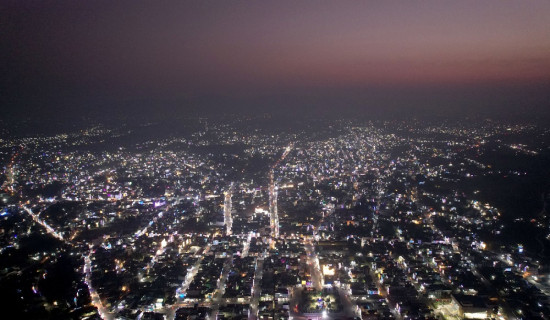- Tuesday, 21 October 2025
Climate talks shift into high gear
UAE, Dec. 8: The mood is about to shift, the hours grow longer and the already high sense of urgency somehow amp up even more as the United Nations climate summit heads into its final week.
Every sentence, every word — especially those about the future elimination of planet-warming fossil fuels — will matter at the U.N. conference in oil-built Dubai in the United Arab Emirates. Professional negotiators who have been working on getting options into shape will turn over their work to senior national officials, many at minister levels, who will have to make the tough political choices.
"We're heading into quite a political process, less access into the negotiating rooms, negotiations will go deep into the night, a number of nights," said David Waskow, international climate initiative director for the World Resources Institute.
Even with the hard work to come, some of those who are about to do it have this sense of optimism, especially because everyone has the day off on Thursday.
"We had a pretty damn good week here in Dubai already. Now, obviously, there are some complicated issues to still resolve. We all know that. Nobody is ducking and nobody is going to pretend about that," U.S. Special Envoy John Kerry said. "The negotiators are basically trying to put together in each section a relevant a set of options. And then we ministers will have the fun and pleasure next week of kind of noodling through those options."
Multilateral negotiations — involving in this case nearly 200 parties — are much different and often more difficult than the horse-trading two countries can do in bilateral talks, said veteran diplomat Adnan Amin, the COP28 CEO.
The key document is called Global Stocktake. It's the first of its kind in U.N. climate negotiations, saying how far the world has come from the 2015 Paris agreement — where nations agreed to limit warming to 1.5 degrees Celsius (2.7 degrees Fahrenheit) since preindustrial times — and what it has to do next. A draft came out late Monday and negotiators have been poring over it. Next, officials like Amin will get "a very clear sense by the end of the week where people stand on the text." Amin said there's a rhythm to these climate talks.
"You start off very hopeful, euphoria," Amin said. "Things are happening. Then the negotiations get hard and people start spreading rumours and conjecture and a little bit of depression, and then things start to come up again. And the clarity of the negotiation process becomes clearer. Then you have the political engagement, and that's where the real intensity and excitement comes."
This is all going the way it should, even if it seems overwhelming, said German special climate envoy Jennifer Morgan.
"There's now a text with many, many brackets (choices), 30 different groups of options for the global stocktake that now needs to be consolidated so that ministers next week can start getting into each of those topics and finding solutions," Morgan said. "There's this moment when one thinks, oh, my gosh, so many texts, so many brackets. But I think, actually the process is going along as it should."
EU negotiators say the core document is in pretty good shape and are confident the key issues are clearly defined. Options remain open for ministers taking over the negotiations which is not often the case at this stage of these difficult multilateral talks.

